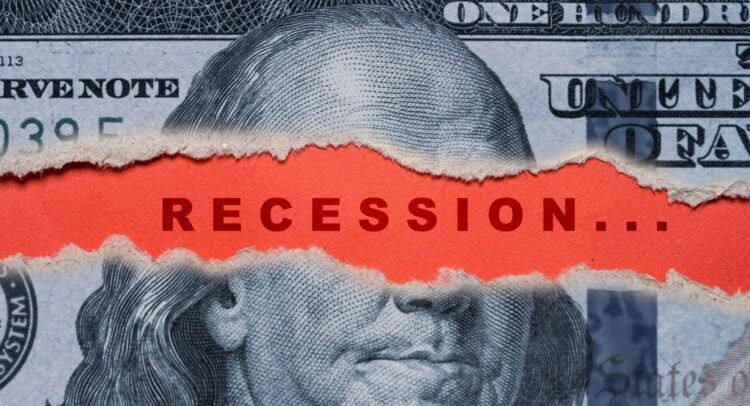
Why the U.S. Has Avoided a Recession so Far
The U.S. economy has managed to avoid the recession that many expected despite high interest rates, trade tensions, and global uncertainty. According to BNP Paribas Chief U.S. Economist James Egelhof, the reason is artificial intelligence. He explained that AI has helped keep the economy strong by driving major investments in data centers and computer chips. Bank of America (BAC) estimates that AI-related spending added 1.3% to second-quarter GDP growth. Even small businesses are joining in, with tech service payments rising nearly 7% in September.
Elevate Your Investing Strategy:
- Take advantage of TipRanks Premium at 50% off! Unlock powerful investing tools, advanced data, and expert analyst insights to help you invest with confidence.
As a result, many companies are still hiring and investing instead of cutting back. Egelhof said that this AI boom has made businesses believe that stronger growth and better productivity are on the way. That optimism has also given the Federal Reserve more flexibility to ease interest rates, even with inflation still above target. At the same time, AI is changing how the financial system responds to Fed policy. Notably, Apollo (APO) Chief Economist Torsten Sløk said that the AI boom has “broken” the usual link between higher interest rates and slower corporate spending.
That’s because companies are funding AI investments by using rising stock prices instead of taking on debt. In addition, Goldman Sachs reported that big tech companies like Microsoft (MSFT), Meta (META), Alphabet (GOOGL), and Amazon (AMZN) now account for over a quarter of all S&P 500 (SPY) capital spending, as they rush to build data centers.
Which AI Stock Is the Better Buy?
Turning to Wall Street, out of the four AI stocks mentioned above, analysts think that AMZN stock has the most room to run. In fact, AMZN’s average price target of $268.51 per share implies 22% upside potential. On the other hand, analysts expect the least from GOOGL stock, as its average price target of $261.53 equates to a gain of 3%.
First Appeared on
Source link






